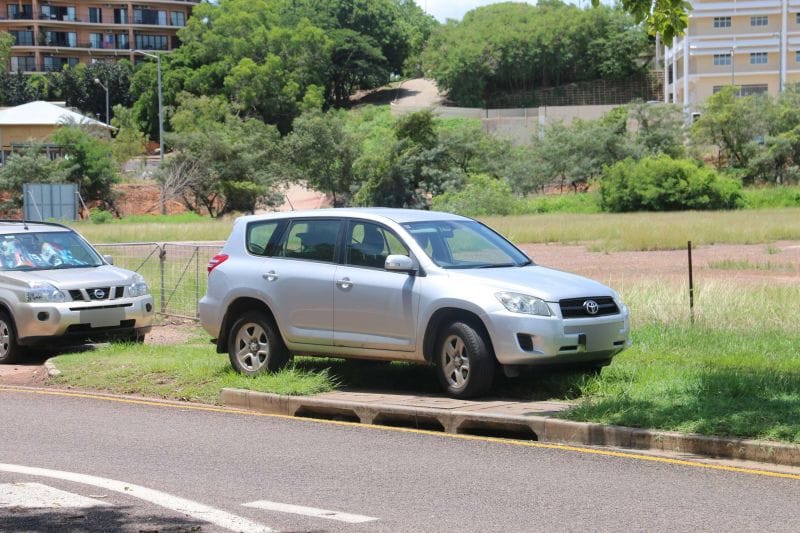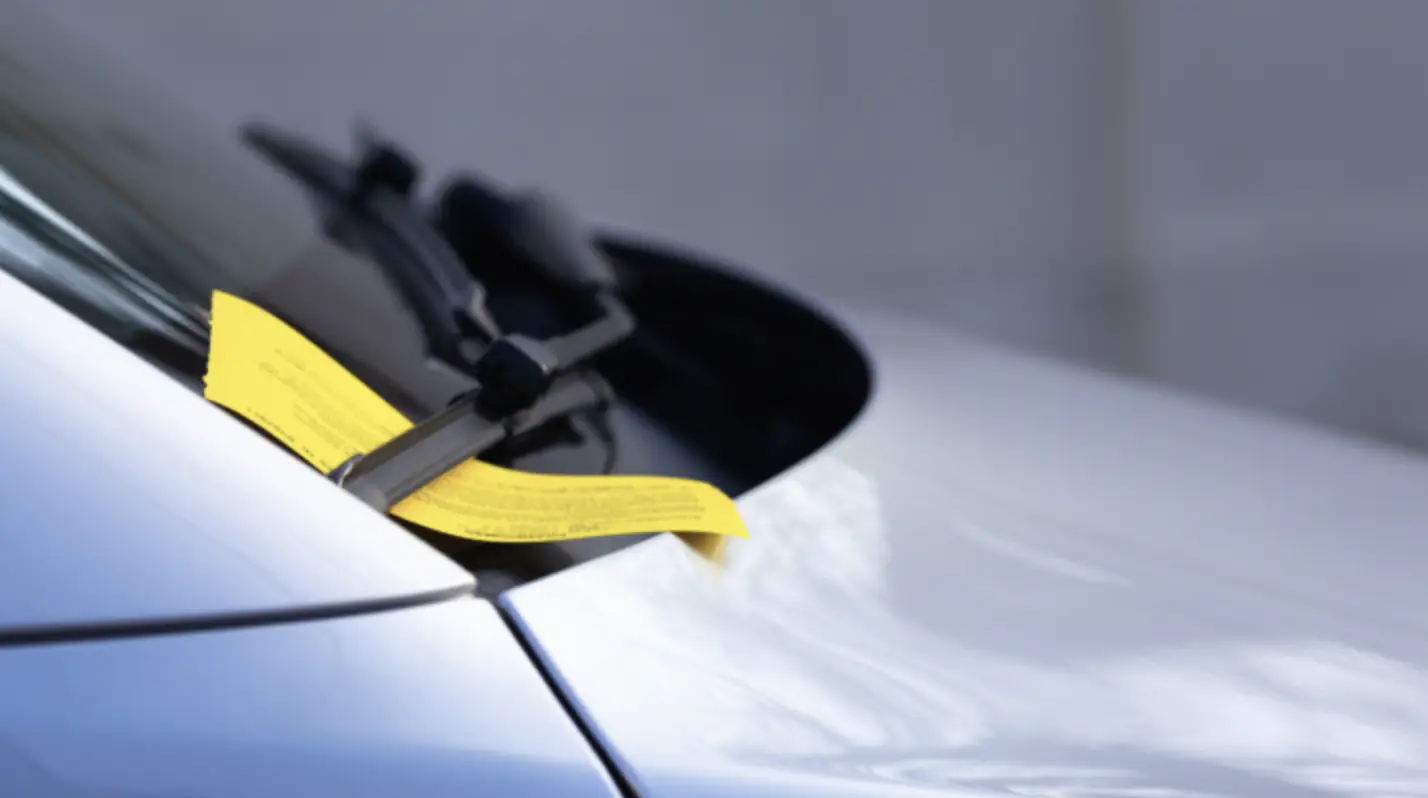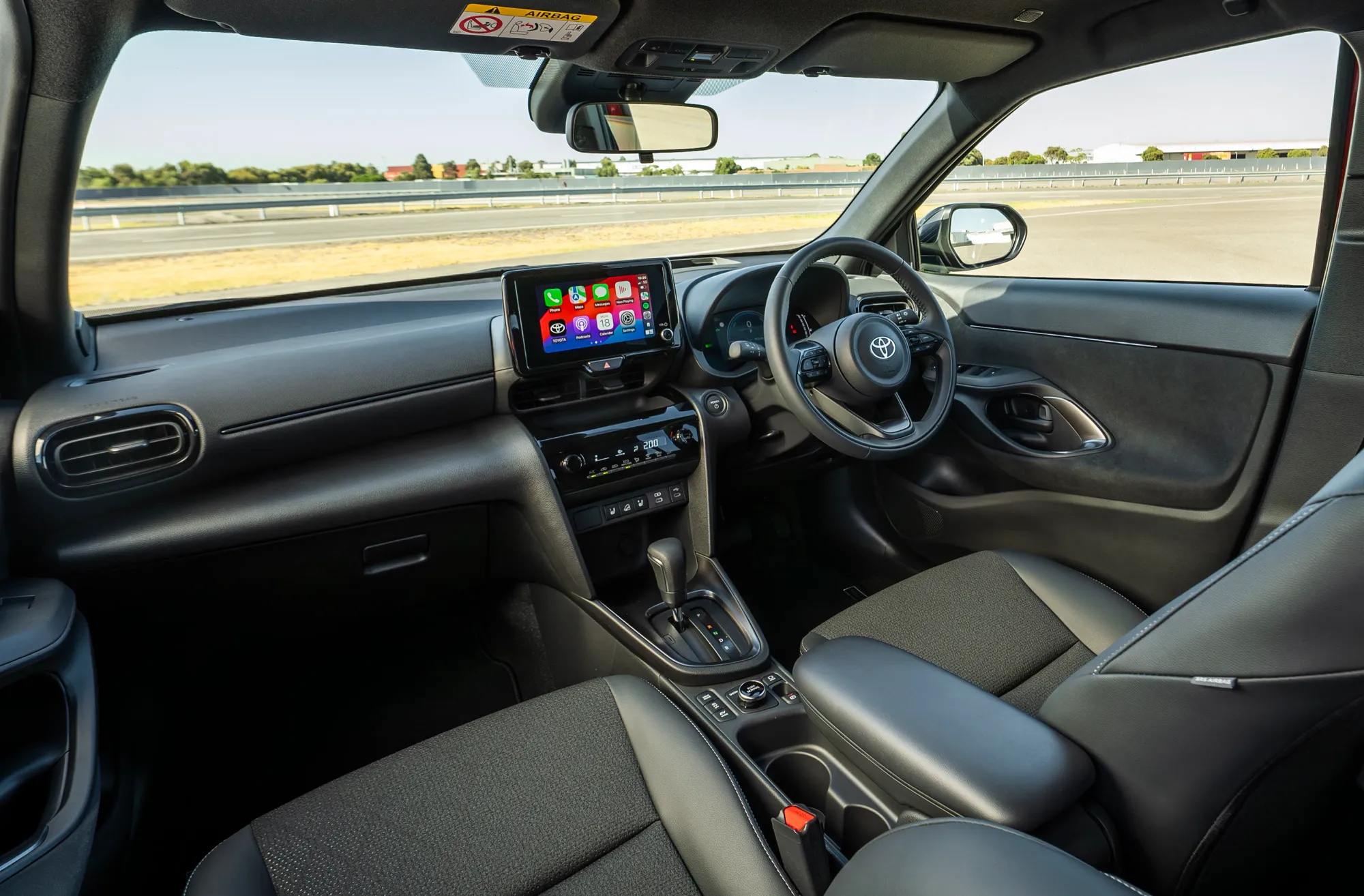The United Services Union (USU) in New South Wales is advocating for a significant change in parking enforcement procedures, calling for a shift to ticketless parking fines. This proposal comes in response to growing safety concerns for parking rangers who face increasing aggression and violence while carrying out their duties of issuing infringement notices.
- Current Situation and Safety Concerns: Parking rangers across New South Wales have reported an alarming increase in verbal abuse and physical threats while performing their job. The current system, which requires rangers to place physical tickets on vehicle windshields, makes them visible and vulnerable targets for angry motorists. Incidents of violence have escalated beyond verbal confrontations, with reports of rangers being spat on, assaulted, and even threatened with weapons.
Thomas Costa, USU general secretary, emphasized the severity of the situation, stating, "Our members are copping it every single day." He highlighted that the abuse ranges from verbal tirades to physical altercations, creating an unsafe work environment for parking enforcement officers.

- Proposed Solution:The USU is proposing the implementation of a ticketless system for parking fines. Under this system, fines would be issued electronically and mailed to offenders, significantly reducing the need for face-to-face interactions between rangers and motorists. This approach aims to minimize the immediate confrontations that often lead to aggressive behavior towards parking officers.
- Technological Feasibility:Many councils in New South Wales already utilize license plate recognition technology for parking enforcement. This existing infrastructure could potentially be leveraged to implement a ticketless system more efficiently. The technology allows for quick identification of vehicles that have overstayed parking limits or parked in restricted areas without the need for physical ticket issuance.
- Current Protective Measures:In response to the rising incidents of aggression, some councils have already taken steps to protect their parking rangers. Measures include:
- Body cameras: Many rangers now wear body cameras to record interactions and deter aggressive behavior.
- De-escalation training: Officers receive training on how to handle confrontational situations.
- Pairing up: Some councils have implemented policies where rangers work in pairs for added safety.
However, the USU argues that these measures, while helpful, do not address the root cause of the problem and that a systemic change is necessary.

While the proposal for a ticketless system presents a potential solution to protect worker safety, there are several challenges to consider:
- Implementation costs: Some councils may need to invest in new technology or upgrade existing systems.
- Public education: A comprehensive campaign would be necessary to inform motorists of the new system and how it works.
- Legal considerations: Ensuring that electronic fines meet all legal requirements for enforcement.
- Job role changes: The shift might require redefining the role of parking rangers and potentially impact employment numbers.
The proposal has sparked debate among local councils and community members. Supporters argue that ranger safety should be a top priority and that a ticketless system could lead to more efficient parking management. Critics, however, express concerns about the potential for increased fines due to the ease of electronic issuance and the loss of the immediate awareness that a physical ticket provides.
Several councils have expressed interest in exploring the ticketless option, with some already conducting feasibility studies. However, a unified approach across the state would require coordination between local governments and potentially state-level legislation.
As incidents of aggression towards parking rangers continue to rise, the USU's call for a ticketless system presents a potential solution to protect worker safety. While implementation may pose challenges, the proposal aims to address a growing concern in parking enforcement across New South Wales. The debate surrounding this issue highlights the need to balance efficient urban management with the safety and well-being of public servants. As discussions continue, it's clear that innovative solutions are needed to ensure the safety of those tasked with enforcing parking regulations in our communities.














